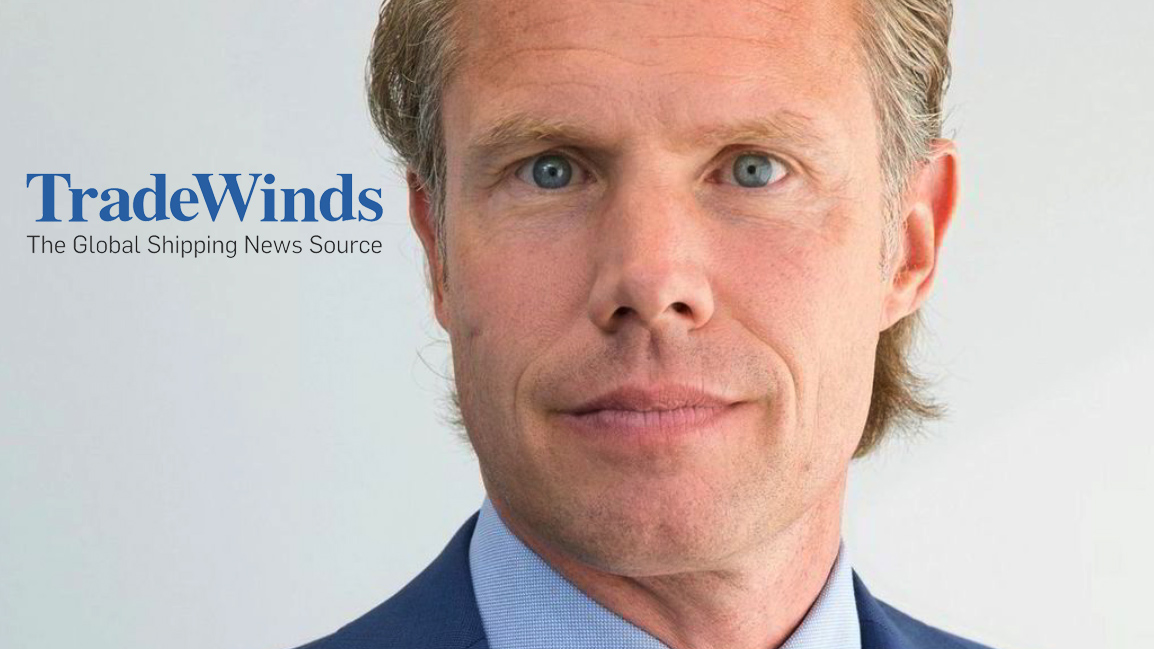INTERVIEW WITH RICHARD ADLER – TRADE WINDS / BUSINESS FOCUS
“Deeper analysis is required to help insurers and their shipowner clients keep control of accidents”, says broker
Coronavirus does not appear to have played a major role in this year’s ship casualties, despite concerns that fatigued crew members could lead to more accidents.
Only two of the major claims pooled under the International Group of P&I Clubs were directly related to the Covid-19 pandemic. The two cases were infection outbreaks on Carnival Corp cruise ships — the 113,500-gt Ruby Princess (built 2008) in Australia and the 107,000-gt Grand Princess (built 1998) in California.
Navigational errors were significant. The 207,000-dwt Wakashio’s (built 2003) crew diverted from the planned course before grounding on the island of Mauritius, and the 13,870-teu Milano Bridge (built 2018) collided with a crane when it attempted to berth at speed in an unladen condition.
The frequency of accidents with similar causes raises questions as to whether the P&I clubs’ loss-prevention measures are getting through to shipowners and crew.
Richard Adler, the chief commercial officer at Atlantic Insurance & Reinsurance Brokers, has taken a keen interest in marine casualties. He believes big data could help ensure that the P&I clubs’ loss-prevention measures are better targeted. He said the International Group has a team working on pooling claims data as a loss-prevention initiative that is on the right lines.
“I think the clubs are already doing a jolly good job at producing sophisticated loss-prevention circulars and officer-training courses,” he said. “I also know that the clubs are working hard through their subcommittees to embrace technology-based loss prevention on an International Group-wide basis — something that we have been pushing for some time now.”
But Adler questioned whether the amount of casualty data available was being correctly mined to identify causes. He believes a unified method of collecting claims data would be a good start in developing a common approach to alerting shipowners to risk.
“[The] data and technology are there and what I really would like to see is real-time loss prevention rolled out in a bespoke manner to shipowners,” he said.
“The clubs have an enormous amount of data claims – together, they insure 95% of world’s tonnage. The International Group should agree on a standard as to how individual clubs record their claims data, combine it and then drill down and conjointly analyse deep to identify new or existing claims patterns, so shipowners can be alerted to look at certain exposures and take measures before a loss occurs”.
Read the full article here.

